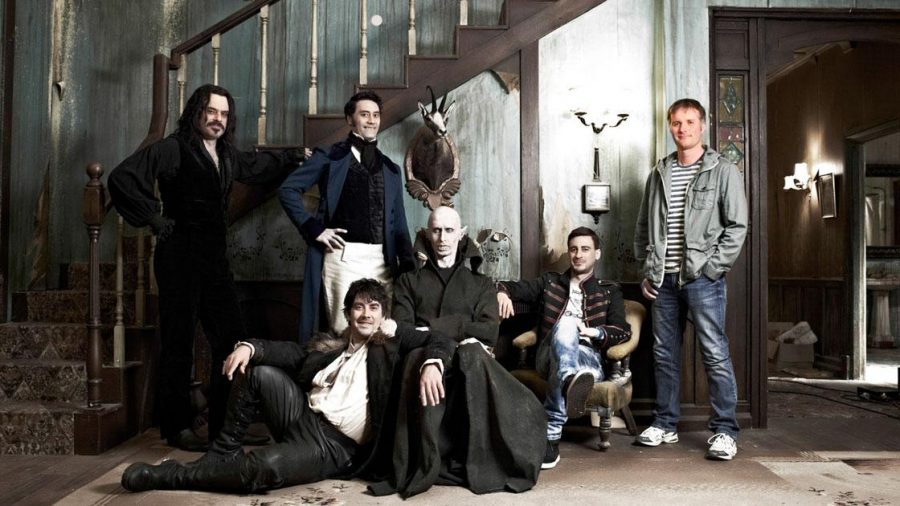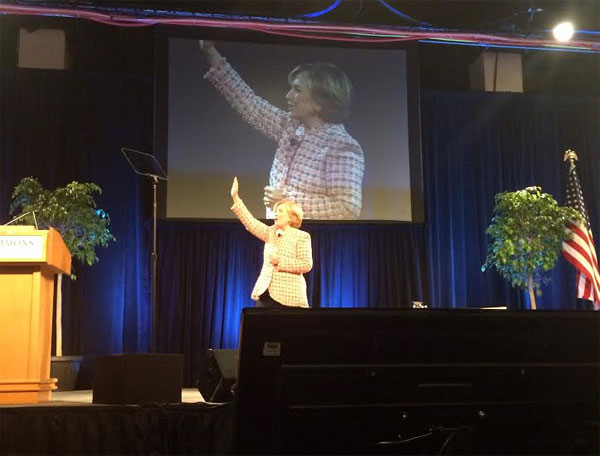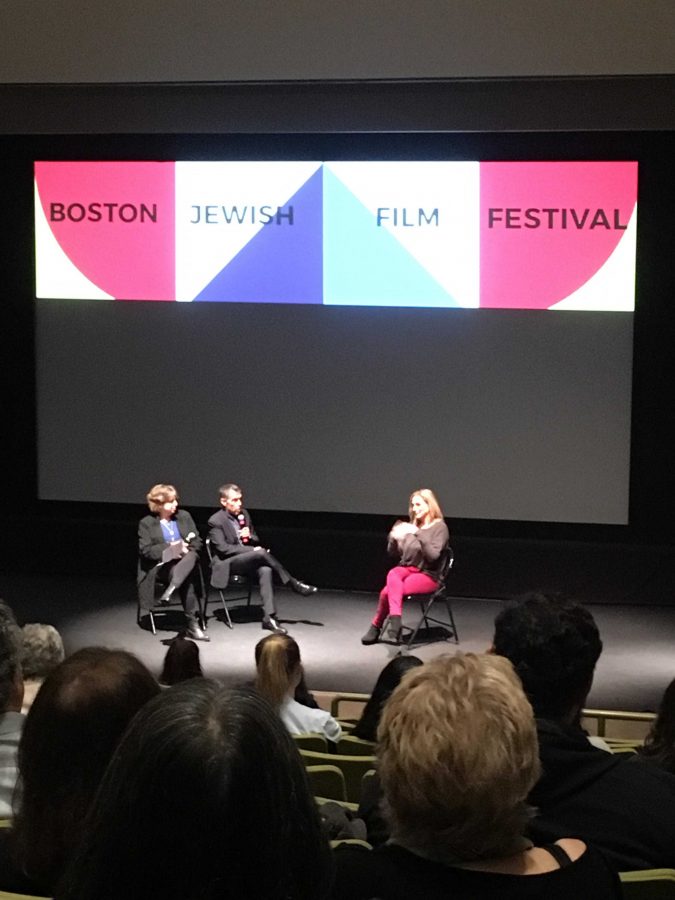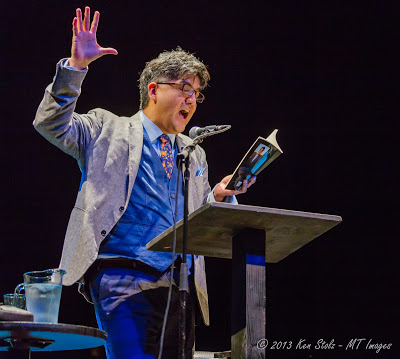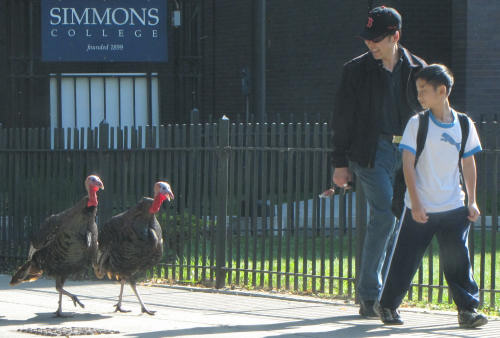[youtube=http://www.youtube.com/watch?v=n9LxuR4v5_U&w=560&h=315]
By Sarah Kinney
Staff Writer
On Saturday, Nov. 16, at the East Coast Conference for the Intercollegiate Broadcasting System hosted by Simmons College, the unofficial theme of the day was integrating new technology and social media into traditional radio broadcasting.
Holland Cooke explained how technology disruption could be good in his keynote address.
“Disruption is happening all the time to all media and that’s not necessarily a bad thing,” said Cooke.
He went on to discuss how technology revitalized the book and how TV is moving to be more non-linear in that people consume what they want when they want to.
Despite new technology, Cooke thinks we need to keep around old media, such as terrestrial radio.
“When the lights go out, we’ll be here,” Cooke said, explaining how battery radios are still used in emergency. But, he added, “Can we be better than a candle?”
He explained that, with media today, the audience has to be a participant and not just a listener.
He warned against using media to broadcast instead of communicating.
“The future of radio is in the rearview mirror,” Cooke said.
In the “Remote broadcasting” workshop, Paul Kamp and George Capalbo talked about using technology to broadcast from the community, specifically in the context of the Jamaica Plain music festival.
“What makes radio radio… is getting out into the field,” said Kamp. “I believe the most powerful radio is something you can do in the field.”
New technology allows for more people to create news content.
Mark Wood is the president of Wood Media and a backpack journalist. He can create radio, video, and print news with the contents of one bag where in the past the news had to be covered by a team.
“Who is a reporter now?” said Cooke, “anyone with a phone.”
Technology is allowing for terrestrial broadcasts to be simultaneously streamed online.
In the workshop “Social media and your station,” the discussion quickly turned to journalistic integrity and the need for speed in this new age of journalism and accuracy, citing issues that arose with the coverage of the Boston Marathon bombing and how it is easy for anyone to create news-like content.
Erica Moura, social media specialist for the Boston Herald, explained that with so much misinformation out there, journalists should verify information from two or more sources.
They also discussed how social media is changing who has credibility. In the past, established media set the trends. Now, its people with the most Twitter followers are setting the trends.
“People are following people not trained as journalists,” said Moura.
When used correctly, the panel thought, Twitter can be a good way to share information quickly, like in the cause of emergency weather events, and it offers a challenge of telling a story in 140 characters.
“For me it’s been helpful,” said Alyssa Lavely, Music Director of WCCH out of Holyoke Community College, who had attended the “Social media and your station” and “The future of music” workshops.
“It’s an experience to get our feet wet a little more,” said Alysia Guerin, also of WCCH.
“Everything’s changed and you have to change, too,” said Donna Halper, radio talent and adviser to Lesley College Radio, in the “Women in media” workshop.
Moura said it was difficult to be young and expected to do everything in an industry that needs to have a visual.
Sarah Dulaney, a web developer, encouraged people to have their own web presence and keep it updated.
“Everyone is programmed to be connected,” said veteran broadcaster and author of “Celling your Soul,” Joni Siani. “When used properly it can be a community for like minded people.”
Over 125 professionals, educators, and students attended the conference.
“I was very pleased with everything,” said Len Mailloux, Chairman of IBS and organizer of the fifth conference held a Simmons. He wanted to thank the many people who made the conference possible, from speakers, to public safety, to catering.
“Media is changing. It is evolving constantly,” said Mailloux.








